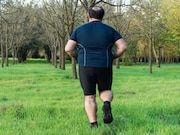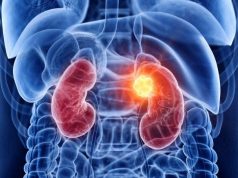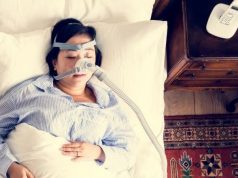Treatment resulted in lower HF hospitalization rate in patients with, without atherosclerosis
TUESDAY, Nov. 13, 2018 (HealthDay News) — Treatment with dapagliflozin is noninferior to placebo for major adverse cardiovascular events (MACE) among patients with type 2 diabetes with or at risk for atherosclerotic cardiovascular disease, according to a study published online Nov. 10 in the New England Journal of Medicine to coincide with the annual meeting of the American Heart Association, held from Nov. 10 to 12 in Chicago.
Stephen D. Wiviott, M.D., from Brigham and Women’s Hospital in Boston, and colleagues randomly assigned 17,160 patients with type 2 diabetes who had or were at risk for atherosclerotic cardiovascular disease (10,186 without) to receive dapagliflozin or placebo; participants were followed for a median of 4.2 years.
The researchers found that dapagliflozin was noninferior to placebo with respect to the primary safety outcome, a composite of MACE. In terms of efficacy, dapagliflozin did not result in a lower rate of MACE versus placebo (8.8 versus 9.4 percent; hazard ratio, 0.93; 95 percent confidence interval, 0.84 to 1.03; P = 0.17) but was associated with a reduced rate of cardiovascular death or hospitalization for heart failure (4.9 versus 5.8 percent; hazard ratio, 0.83; 95 percent confidence interval, 0.73 to 0.95; P = 0.005), reflecting a reduced rate of hospitalization for heart failure (hazard ratio, 0.73; 95 percent confidence interval, 0.61 to 0.88).
“These new data suggest that in patients without established atherosclerotic cardiovascular disease, sodium-glucose cotransporter 2 inhibition can prevent serious clinical events, particularly hospitalization for heart failure,” the authors write.
The trial was funded by AstraZeneca and Bristol-Myers Squibb; AstraZeneca is the manufacturer of dapagliflozin.
Abstract/Full Text
More Information
Copyright © 2018 HealthDay. All rights reserved.








